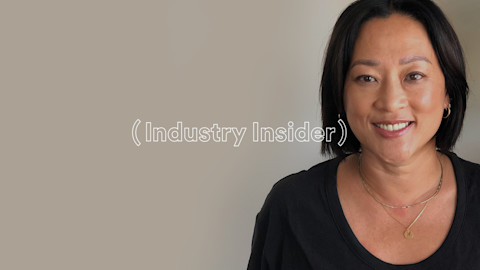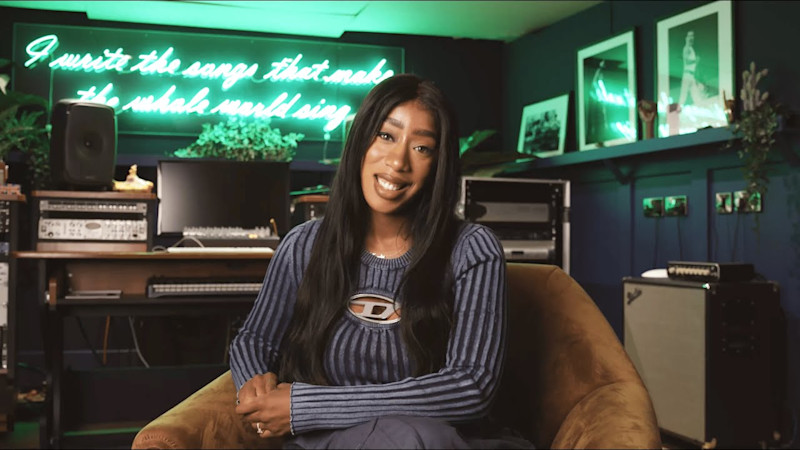Submitting your demo to a label can be one of the most intimidating steps in your career. This is your blood, sweat, and tears, after all, and no matter how confident you are in your music, it’s impossible to predict how a label will respond—if they ever do at all. So, to demystify the process just a bit, we talked with Matt Linden, the founder of Minneapolis-based Forged Artifacts. Since starting up the small independent label in 2012, he’s led the charge on nearly 100 releases—distributed on cassette, vinyl, and digital formats—from artists like Ryan Pollie’s Los Angeles Police Department and Wild Firth.
Over the years, Linden has learned a thing or two about running a label that’s fruitful and fulfilling for both him and his artists. “Just like any entrepreneur in any industry, you don’t really know what you’re doing until you do it,” he says. “There’s a lot of trial and error.” The same can be said about diving into the music industry as a new artist.
Here, Linden shares some of his biggest tips—and most important do’s and don’ts—for submitting your demo to a label.
![Matt Linden Photo]()
Matt Linden Photo
Do: Research the labels you want to work with.
There are hundreds of labels out there—which ones do you resonate with? What sort of label do you want to work with? A major? An indie? A cassette-only “micro”?
“Be smart about who you’re reaching out to. If you're a folk artist, don't contact a label like Warp. Find your focus," Linden says. And that focus is not just about genre. He recommends putting together a list of labels you’d like to work with that fit your style, aesthetic, and philosophy as a musician. Get to know their history, roster, and overall vibe, and set your sights on the ones that seem like they’d be a good fit.
Don’t: Email every label under the sun.
It’s pretty clear to any label when you’ve mass-emailed a slew of them. “I get these emails sometimes from bands, and the subject might be like ‘New Record’ and then the body of the email is just a link and there's absolutely no information. There's no intention and no context for the music,” Linden explains. “I just delete that email or consider it spam,” he adds. To stay out of the spam folder, personalize your message and share why you want to work with that particular label.
Do: Talk about yourself and your goals.
While you may not have a fully formed bio written, you should be able to describe who you are and what your music is all about. “Be open and candid. Maybe highlight a song or two that you feel really strongly about,” Linden says. “Talk about a theme of the record or what made you write it the way you did. It builds a connection right off the bat.” Being able to describe who you are and what your music means to you also gives you control of your story and your art from the start, instead of having it shaped by someone else—even a label you love.
Don’t: Talk about who you sound like.
Likening yourself to other bands is one of Linden’s biggest pet peeves: “You're doing yourself no favors by talking about bands already on our label,” he once tweeted. “1. We already have a band that sounds like that… 2. It can come off as pandering and cheap when you name the top two releases on a label's Bandcamp as reference,” he adds. In other words, focus on you—not who you sound like or what you think the label wants to hear.
Do: Be up front about what stage your music is in.
When you reach out to a label, send them a private streaming link or an MP3 (via a site like Dropbox) and make sure your tracks are properly labeled. Say whether the music is a demo, mixed, or already mastered. “If it’s not fully mastered, just let us know,” Linden says. “Nine times out of ten, a label's going to understand your music enough to know if they want to pursue you. It's just about communicating that.”
Don’t: Give up.
Remember that sometimes it’s not about you. Linden works a full-time job away from Forged Artifacts. He points out that many labels, especially the smaller niche ones, only have one or two people behind the scenes, most of them working other jobs as well—so be patient.
“We’re just trying our best. At the end of the day, we all love music and we're trying to put that good into the world and help as many people as possible, but we can't always get to everyone,” Linden stresses. “But you never know when you’re going to reach someone on that one day, that one email that they open up and it really resonates with them. And it can totally change the trajectory of your career, even if you sign onto a small label.”
—Stephanie Garr







